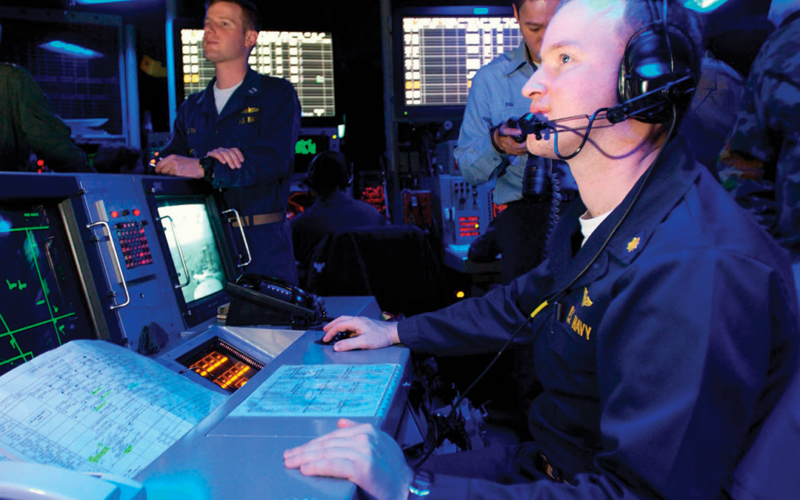
Nine American maritime labor organizations have voiced their concerns about ongoing attacks on U.S. ships operating in the Red Sea in a recent joint letter to Gen. Jacqueline Van Ovost, commander of the U.S. Transportation Command (TRANSCOM).
While expressing “gratitude towards federal leadership for their efforts to date to safeguard U.S.-flag ships,” the groups offered their endorsement for U.S. military strikes on terrorist operations in Yemen stating that “it is critical that the Houthi rebels understand the consequences of attacking U.S-flag shipping and that the United States will continue to protect its sovereignty when that sovereignty is threatened by illegal attacks.”
The organizations point out that while the Houthi rebel missile strikes from Yemen represent the most severe such attacks in more than 50 years, “the collaborative efforts of vessel operators, mariners, and naval personnel have so far prevented any casualties to U.S. ships or crews.”
The letter also called for enhanced communication support to ensure the safety of U.S.-flag vessels and their crews in the area. The organizations emphasized the importance of secure communication links between vessels transiting the Red Sea and the U.S. and allied naval vessels deployed in the area to counter Houthi attacks.
“While we understand that procedures are being developed and so far, the joint efforts of our vessel operators, mariners, and naval personnel have resulted in no casualties to U.S.-flag ships, we cannot rest on past success” and continued communication, especially at the tactical level, “is crucial,” the letter concluded.
“Whether this is in the form of specialized equipment, U.S. naval officers from the NCAGS Shipping Control Teams, U.S. civilian mariners with the proper security clearance and COMSEC certification, or other naval liaisons being embedded on the vessels, having access to secure communications between our ships, CENTCOM, the combatants in the area and access to timely intelligence will ensure the level of cooperation and coordination necessary to keep these ships safe and secure.”
Signatories to the letter include the presidents of the Sailors’ Union of the Pacific; American Maritime Officers; Seafarers International Union; Masters, Mates & Pilots; and the Marine Engineers’ Beneficial Association.

